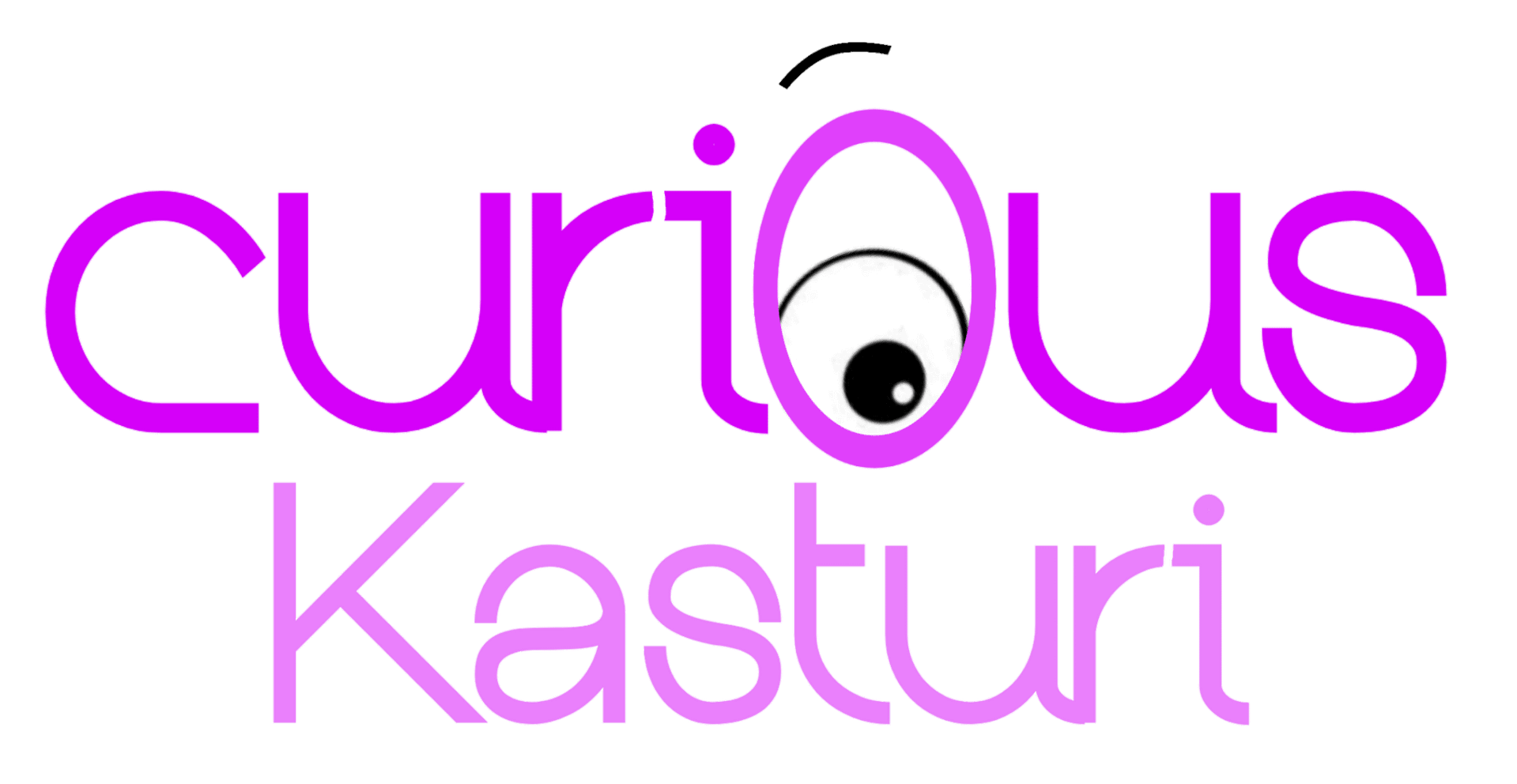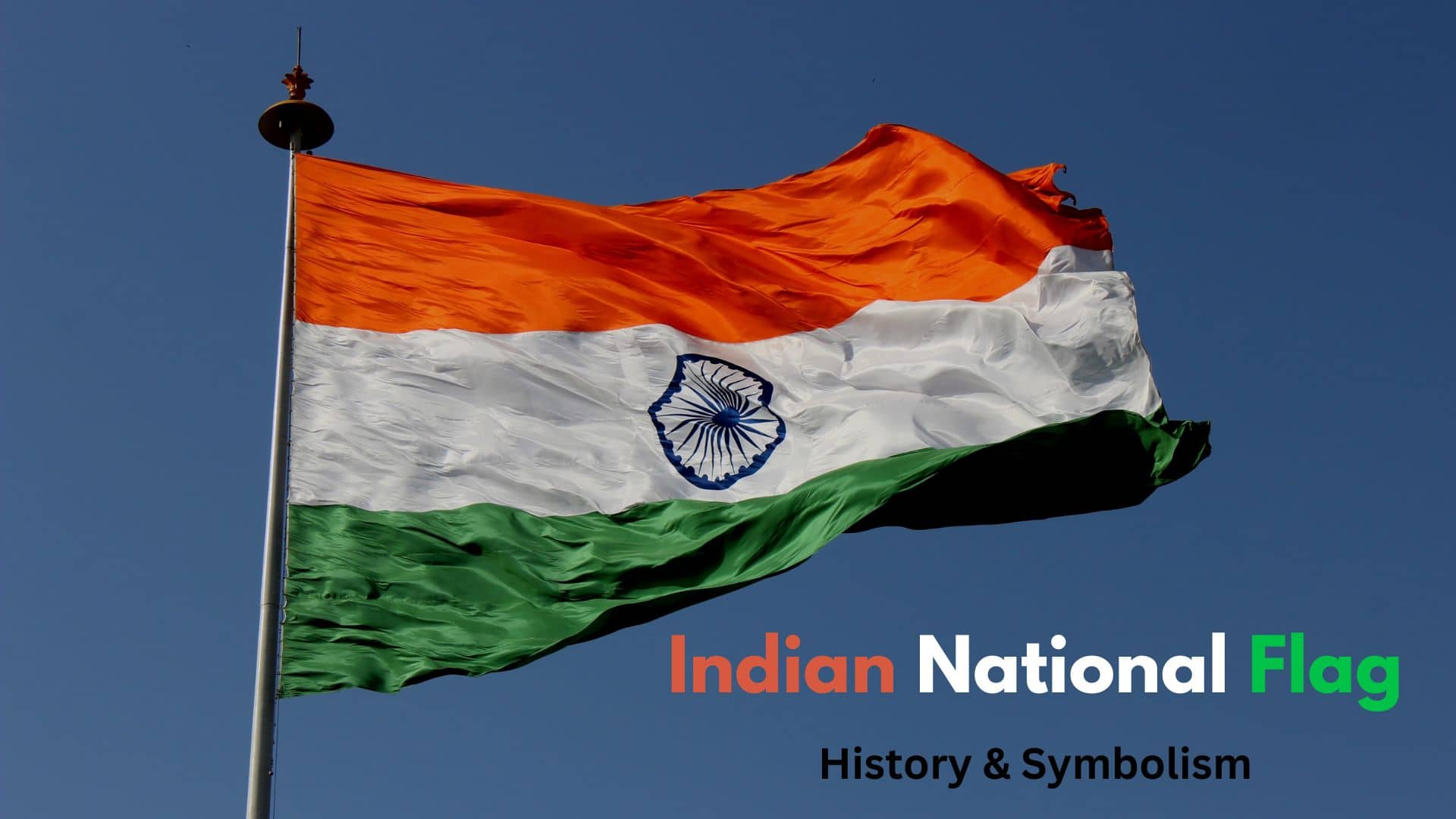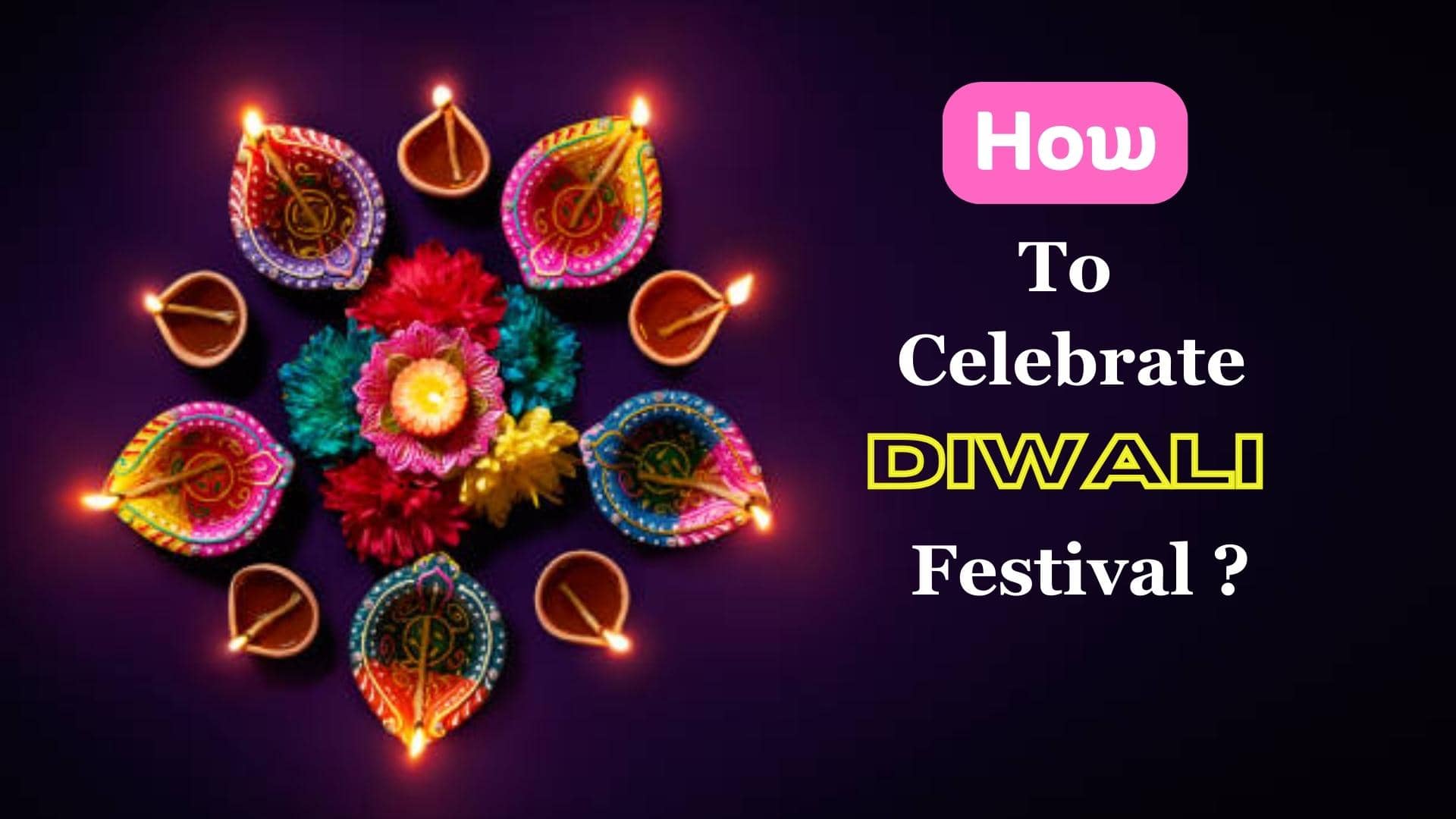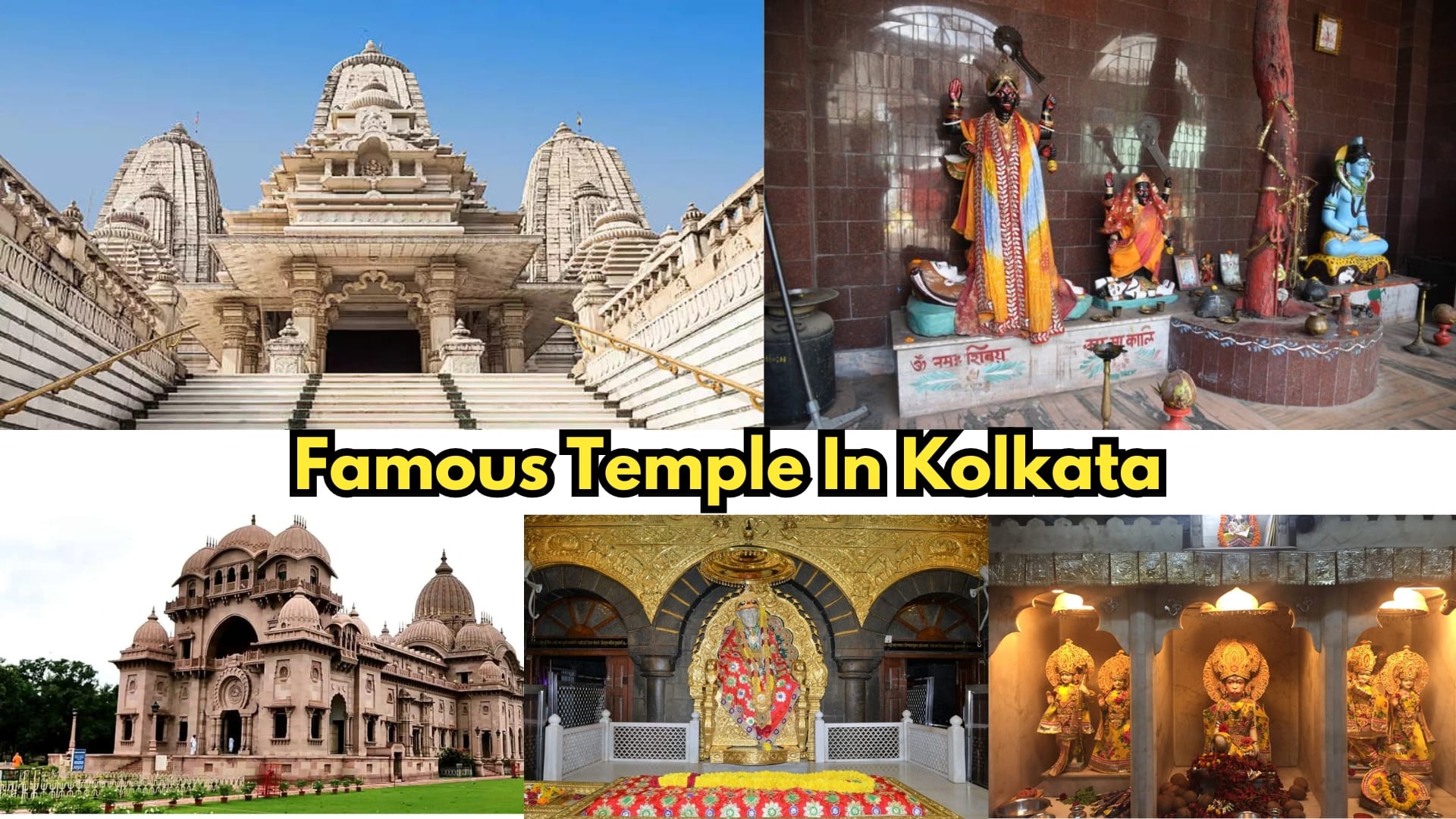India’s Republic Day, celebrated on January 26th every year, is a momentous occasion that marks the adoption of the Constitution of India. This day holds great significance in the country’s history, as it symbolizes the transition from colonial rule to a sovereign, democratic republic. In this blog post, we will delve into the history, importance, and vibrant celebrations that make Republic Day a truly patriotic and festive occasion.
History:
The journey towards Republic Day began with India gaining independence from British rule on August 15, 1947. However, it took almost three years to draft and adopt the Constitution, which came into effect on January 26, 1950. Dr. B.R. Ambedkar, the chief architect of the Indian Constitution, played a pivotal role in shaping the nation’s guiding principles. January 26th was chosen to honor the Lahore Session of the Indian National Congress in 1929 when the demand for complete independence was made.
Importance:
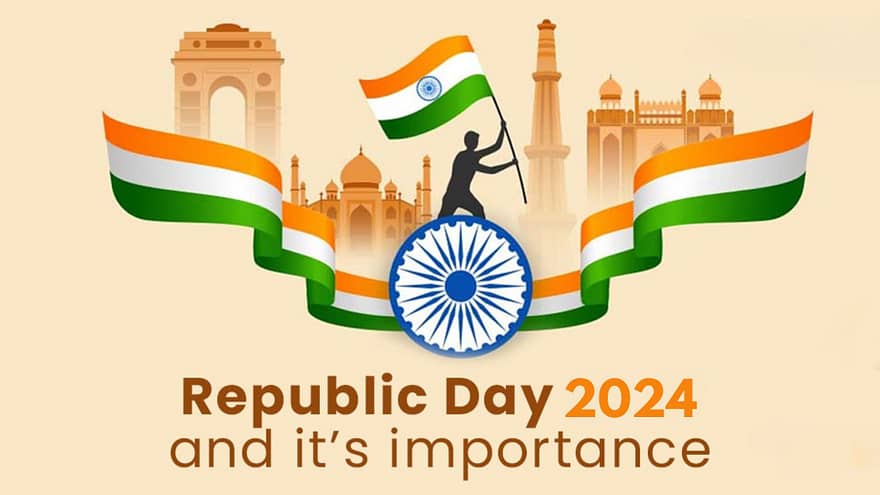
Republic Day holds paramount importance as it signifies the establishment of India as a sovereign, socialist, secular, and democratic republic. The adoption of the Constitution on this day marked the culmination of India’s struggle for independence and the beginning of a new era of self-governance. The Constitution of India not only outlines the fundamental rights and duties of citizens but also serves as the guiding document for the functioning of the government and its institutions.
Celebrations:
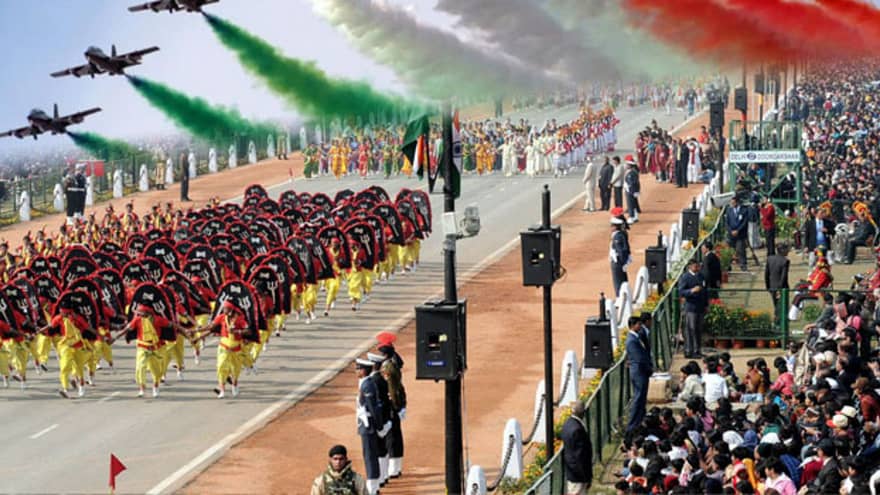
Republic Day celebrations are characterized by a grand parade in the national capital, New Delhi, showcasing India’s military prowess, cultural diversity, and rich heritage. The President of India hoists the national flag at the historic Rajpath, followed by the singing of the national anthem. The parade features colorful tableaux from various states, each depicting their unique culture and traditions.
One of the highlights of the parade is the impressive march-past by the armed forces, showcasing their discipline and strength. The Republic Day parade also includes cultural performances, folk dances, and vibrant displays by school children, adding a touch of festivity and patriotism to the event.
Apart from the central celebrations in Delhi, Republic Day is observed with enthusiasm across the country. Schools, colleges, and government offices organize flag-hoisting ceremonies, patriotic songs, and cultural events. Citizens also participate in various community activities, reaffirming their commitment to the values enshrined in the Constitution.
Conclusion:
Republic Day is not merely a national holiday but a day to reflect on the principles that shape the nation and celebrate the unity in diversity that defines India. It is a time to honor the sacrifices made by the freedom fighters and to renew our commitment to upholding the democratic ideals enshrined in the Constitution. As India marches forward, Republic Day serves as a reminder of the country’s journey towards becoming a vibrant and flourishing democracy.
